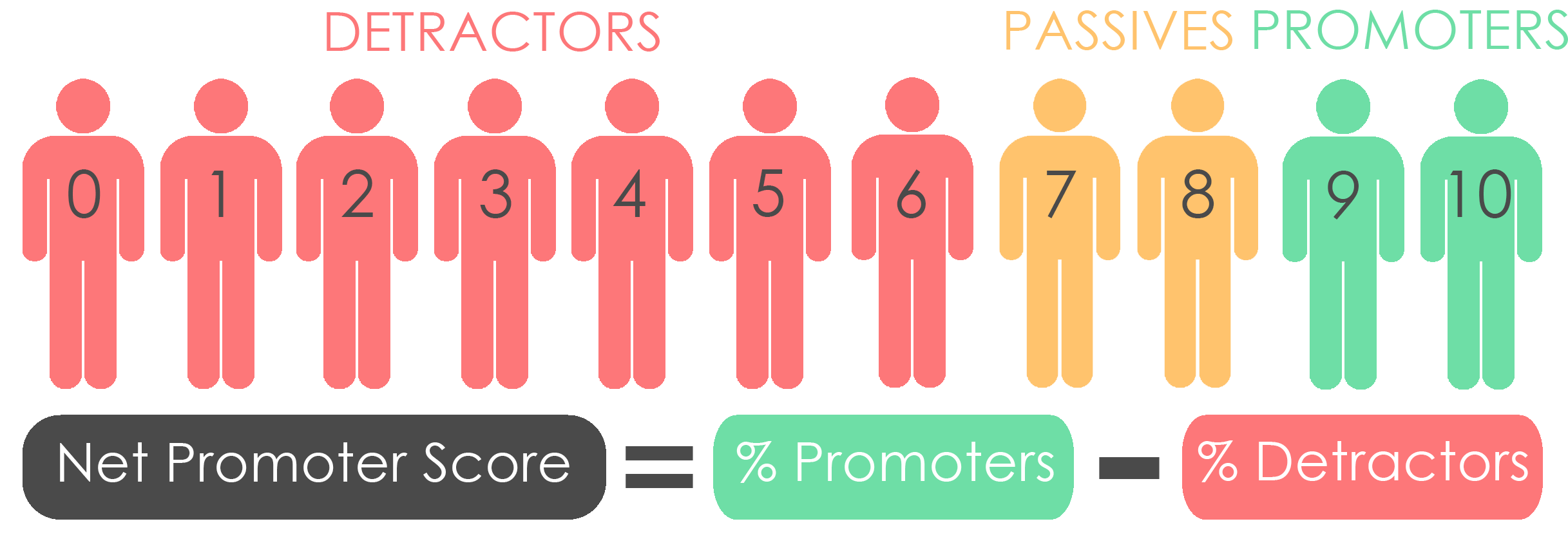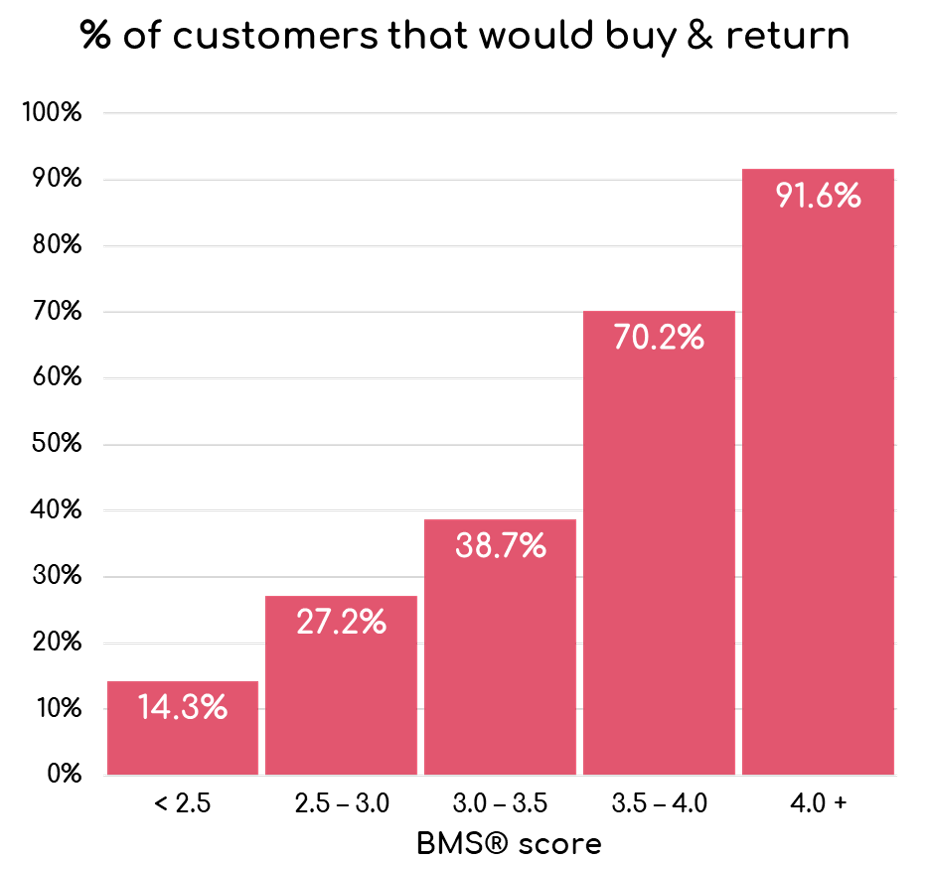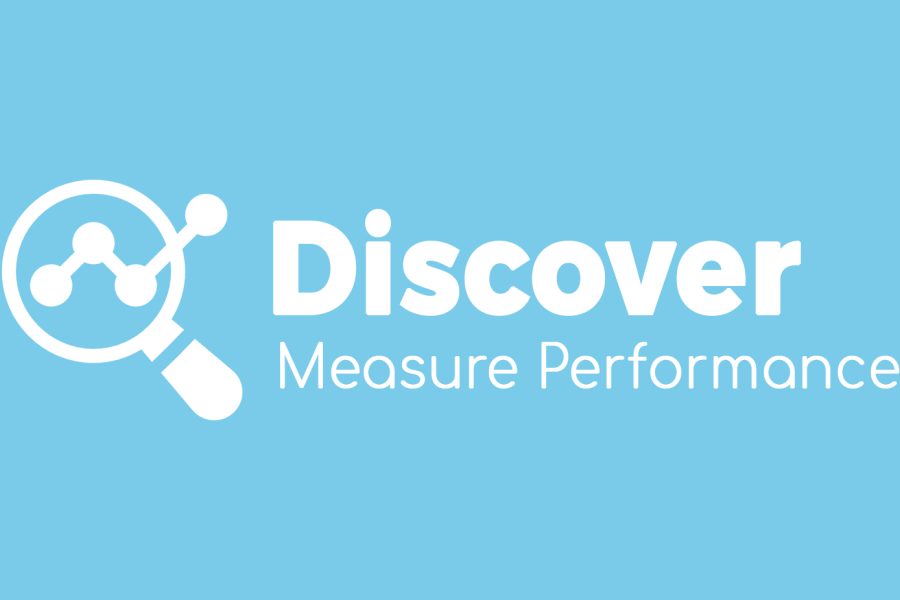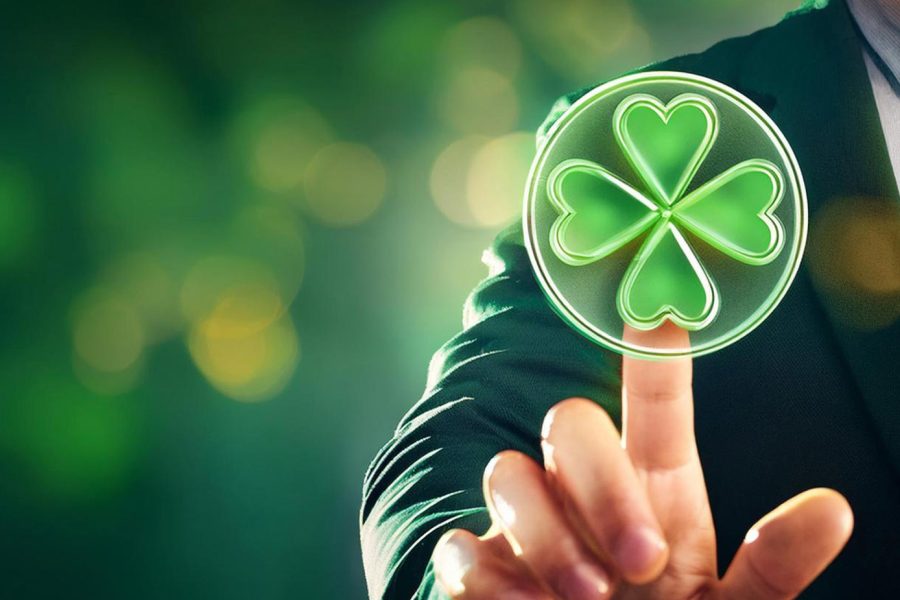The Behavioural Measurement Score® (BMS®) methodology was developed by Performance in People (PiP) back in 2013 and since has been adopted by over 100 UK brands, who are using it as an objective tool to measure the key behaviours that impact customer experience. BMS® has also been awarded Gold at the UK CX Awards, recognised as the UK’s Best Customer Experience Measurement.
Instinct told us great behaviours means great customer experience.
But what PiP wanted to do, was to understand the direct impact BMS® would have on customer satisfaction or Net Promotor Score®. Net Promoter Score® is all about ‘customer’s propensity to recommend’. You will all have heard the question that often appears at the end of a survey “Based on your experience on a scale of 0 to 10, how likely would you be to recommend?”

The Net Promoter Score® is calculated by looking at your % promotors, ignoring your passives and deducting your % detractors. Many organisations put significant emphasis on improving this.
How does BMS® impact the customer experience?
PiP analysed 4,000 video mystery shopping visits and looked at the correlation between BMS® and NPS®. What we found was very interesting:
- For visits between a scoring between critical range of 2.8 to 4.5, each 0.1 uplift in the BMS® translated into a 6-point uplift in NPS® (which is enormous!).
- We further found, if your BMS® score was less than < 3 there was a 94.5% that you would be a detractor so 0 to 6 on the NPS® scale.
- All 6 behaviours made a similar contribution to customer satisfaction, although marginally.
- ‘Friendly’ and ‘Helpful’ were the biggest contributors.
- And finally, ‘Interested’ was consistently the lowest performer.

This research confirmed what PiP had been thinking; improvements in behavioural performance translated into improvements in customer satisfaction.
But what about the commerciality?
Would improved behaviours mean improved business results?
PiP added 2 additional questions to their mystery shopping questionnaire:
- Based on your experience would you have purchased?
- Based on your experience, would you return to buy in future?
What did the research determine?
- If you had a BMS® score of less than 2.5 that translated into only 14.3% of customers would have purchased and returned to purchase in future.
- If we got them up from 2.5 – 3.0 in that range – that lifted it to 27%.
- If we got them between 3.0 – 3.5 that lifted again to 38.7%.
Here’s the really interesting part.
Of course, PiP expected to see that improved behaviours would translate into improved commercial results, but we expected it to be linear, but look at what the results showed…
- When you score between 3 and 3.5, 38.7% of customers would have purchased and would return.
- When you get to between 3.5 and 4.0 (which is a really good BMS® score) that jumps dramatically to 70.2%.
- And if you score above 4.0 that lifts again to 91.6%.

This was a research piece covering a range of industry sectors and of course, these results will vary between sectors like big-ticket or self-select. However, the core message is resounding. Improved behaviours will translate into improved customer satisfaction and commercial performance!
Want to know more?
PiP’s video and telephone mystery shopping programmes have the ability to measure BMS® within the agreed questionnaire. If you would like to find out more, contact us directly:
enquiries@performanceinpeople.co.uk or 01983 610087






